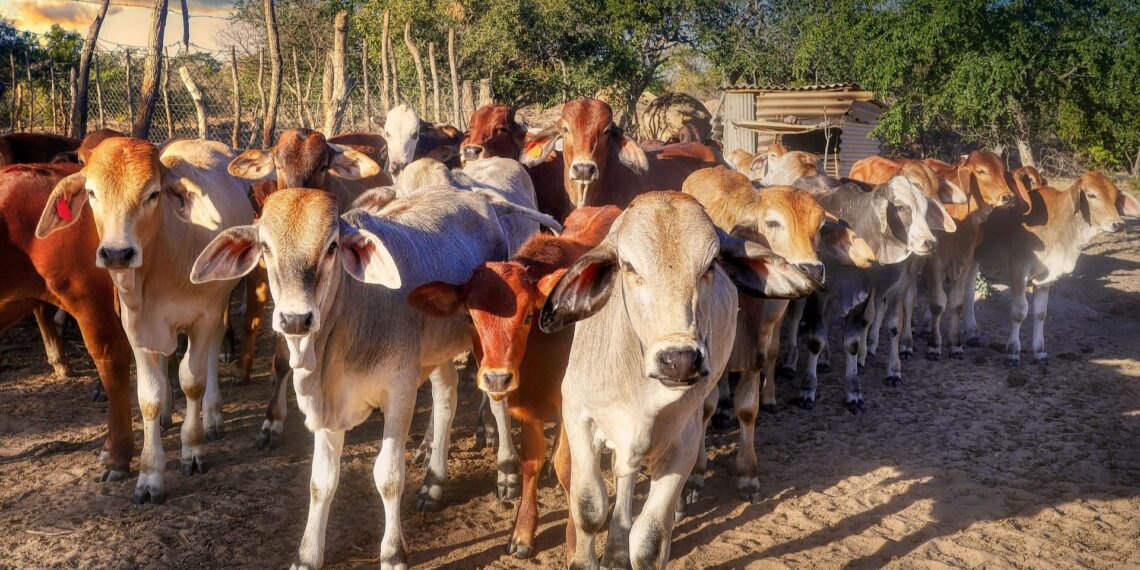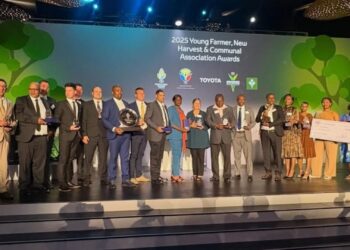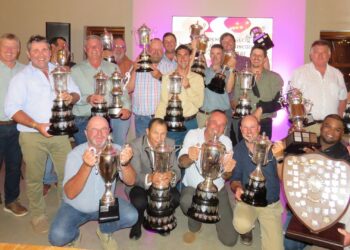In the fight against foot-and-mouth disease (FMD), minister of agriculture John Steenhuisen announced that the government will go all out to ensure as many cattle as possible are vaccinated.
Steenhuisen was addressing the African Farmers Association of South Africa (Afasa) congress in Pretoria, where he urged organised agriculture to work together with his department to improve agriculture and the economy of the country.
“I want to assure you that my ministry remains fully committed to working alongside you to build a sector that is growing, inclusive and globally competitive. We share a vision for a reshaped agricultural landscape where every farmer, regardless of scale, has a chance to thrive.
“The future of agriculture depends on collaboration, resilience and the willingness to see one another as partners rather than opponents,” he said.
Mass herd vaccination a step in the right direction
Chief economist of the Agricultural Business Chamber of South Africa (Agbiz), Wandile Sihlobo, said vaccinating the entire herd in South Africa to fight FMD is a step in the right direction.
“The industry is at a crisis level, struggling to control the foot-and-mouth disease, and this step of vaccinating the national herd is a response to this challenge. We have a national herd of around 7.2 million cattle. This means vaccinating all these cattle will be a massive undertaking.
“Still, this decision is courageous, as it ensures that South Africa protects its cattle herd and can continue its red meat export focus. The challenge now will be the logistics of this work, as well as reengaging the markets we export to about the step South Africa is taking at the moment,” he said.
Related stories
- Vaccine delays frustrate farmers as FMD crisis deepens
- FMD: SA’s meat future hinges on biosecurity overhaul
- Nedbank backs SA’s next generation of farmers with R7.1 million
- Innovation is the new vintage for SA wine amid climate crisis
Sihlobo noted that another vital issue is the sourcing of the necessary vaccines. Currently, South Africa is working to revive the Agricultural Research Council (ARC) and Onderstepoort Biological Products (OBP) to produce the essential vaccine.
“We must ensure that other private sector stakeholders are part of vaccine production. If we continue on this path, the private labs must be included, and this will be part of our theme of inclusion and working with the private sector,” he said.
Following the announcement, the Milk Producers Organisation (MPO) stated that they have formally reached out to the department of agriculture to seek clarity on the legislative and regulatory implications of preventative vaccination, particularly in relation to dairy operations and market requirements.
“The MPO is grateful for the opportunity to have been involved in to process leading up to this point, where decisions have been made that change policy and regulation to ensure the sustainability of our industry,” the MPO said.
READ NEXT: Rapid response halts foot-and-mouth spread in Western Cape

















